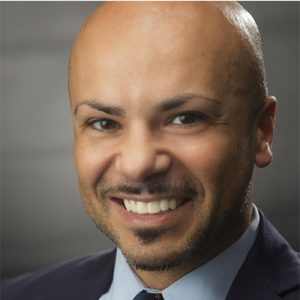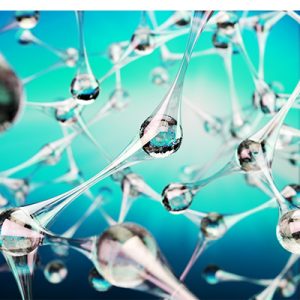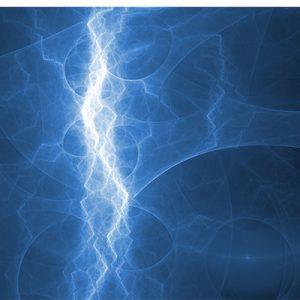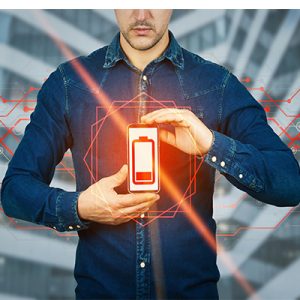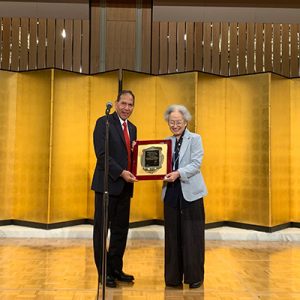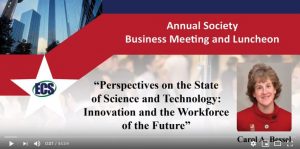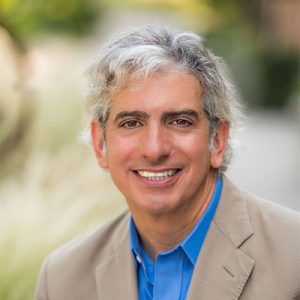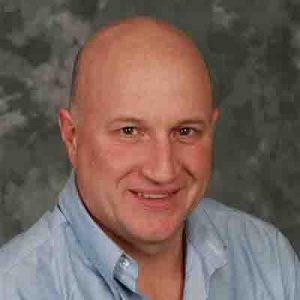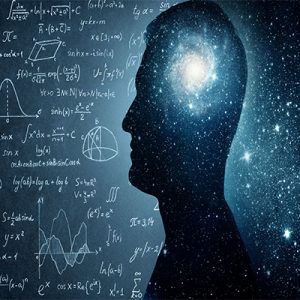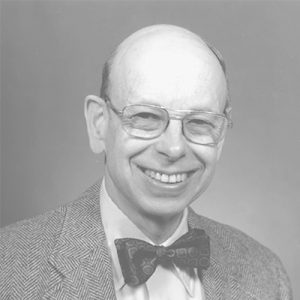ECS’s Detroit Section is proud to present guest speaker Fabio Albano at its October 10 section meeting. He will speak on:
“Best of Both Worlds: A Marriage of Two Battery Technologies”
Fabio Albano
Vice President of Technology
NantEnergy, Inc. (formerly Fluidic Energy)
Scottsdale, Arizona, USA
When:
Thursday, 10 October, 2019
Schedule:
17:30h | Reception
18:30h | Dinner
19:30h | Speaker (more…)


